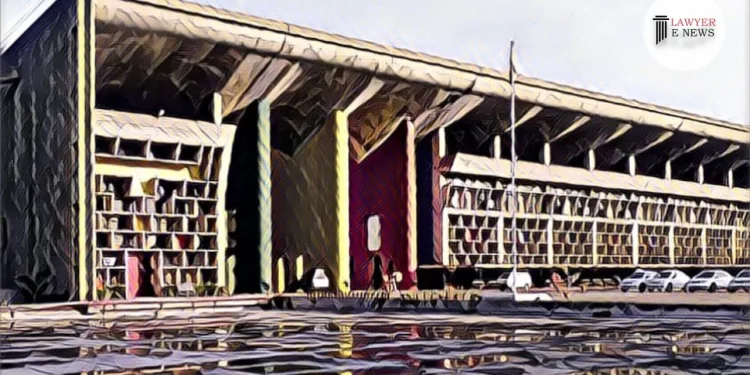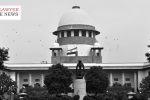justice must not only be done, it must also appear to be done: P&H High Court Sets Aside Vague RTI Order

In a recent judgment, the High Court of Punjab & Haryana has set aside an order by the State Information Commission, Haryana, in the case of Darbara Singh versus The State Information Commission, Haryana and others. The Court emphasized the critical need for quasi-judicial authorities to provide “reasoned decisions” in the process of adjudicating Right to Information (RTI) appeals.
Justice Vikas Bahl, presiding over the case, underscored the importance of transparency and detailed reasoning in judicial and quasi-judicial decision-making. “The insistence on recording of reasons is meant to serve the wider principle of justice that justice must not only be done, it must also appear to be done,” Justice Bahl remarked, highlighting the principles ensuring justice is both done and visibly seen to be done. This observation underscores the Court’s dedication to upholding judicial standards and fostering public trust in the legal system.
The petitioner, Darbara Singh, had initially sought information on 7 specific points via an RTI application. Following incomplete responses, Singh escalated the matter through the statutory appeal process, ultimately leading to this High Court intervention. The Court found the State Information Commission’s order disposing of Singh’s second appeal to be cryptic and non-speaking, thereby violating established legal principles for transparency and accountability in information dissemination.
The High Court’s decision has not only provided relief to the petitioner but also set a significant precedent for future cases involving the RTI Act. The judgment mandates first and second appellate authorities under the RTI Act to issue detailed and reasoned decisions. The Court’s directive is expected to enhance the quality of decision-making in RTI related cases, ensuring that authorities adhere to legal standards for reason and transparency.
This judgment is seen as a significant step towards strengthening the framework of the Right to Information Act, reinforcing the notion that access to information is a cornerstone of democracy. The High Court’s emphasis on detailed, reasoned orders is expected to guide the functioning of information commissions across the country, leading to more robust and transparent decision-making processes.
Date of Decision: 14.12.2023
Darbara Singh VS The State Information Commission






